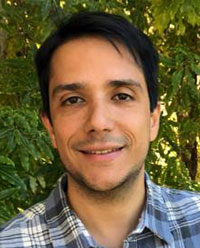
The Emergence of “Solidarity Recycling” in Brazil: Structural Convergences and Strategic Actions in Interconnected Fields
The relatively good recycling performance in Brazil is associated to material recovery chains involving a huge number of informal waste collectors. Over the past decades, social activists have supported grassroots recycling cooperatives and these organizations have spread around the country becoming consecrated in the National solid waste policy as a legitimate form to organize recycling. The conference analyses the emergence of “solidarity recycling” in the country, addressing the cultural and political relations and processes that have led to its legitimation. Cross-fertilizing Bourdieu’s sociological approach and the strategic action fields perspective, a qualitative, retrospective, and longitudinal study was conducted using secondary and primary data from various sources. Evidence shows that the emergence of solidarity recycling has resulted from both structural convergences and strategic actions unfolding across multiple fields, indicating the complementarity of the deployed approaches and the importance of accounting for the interconnection of arenas.
Silvio Eduardo Alvarez Candido is Professor of Organization and Labor Studies at the Federal University of Sao Carlos (UFSCar), in Brazil, where he is also affiliated to the Center of Economic Sociology (NESEFI) and the Center of Organization Studies (NEO). His research focuses on the relations among historical, cultural and political aspects influencing the dynamics of markets, organizations and labor. He is particularly interested in the effects of environmental criticisms in the moral foundations of the economy and in how social inequalities influence the dynamic of markets. In Stanford, he is concentrated in studying how environmental movements have influenced the practices of major national and international companies in businesses that have been highly associated with the deforestation of the Amazon Rainforest in Brazil.

